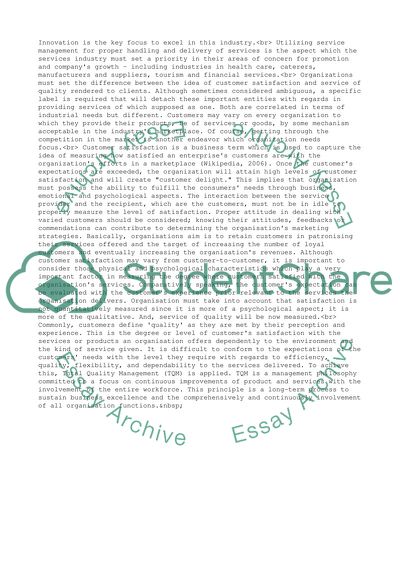Cite this document
(“Hospitality Service Management Assignment Example | Topics and Well Written Essays - 1500 words”, n.d.)
Hospitality Service Management Assignment Example | Topics and Well Written Essays - 1500 words. Retrieved from https://studentshare.org/business/1509879-hospitality-service-management
Hospitality Service Management Assignment Example | Topics and Well Written Essays - 1500 words. Retrieved from https://studentshare.org/business/1509879-hospitality-service-management
(Hospitality Service Management Assignment Example | Topics and Well Written Essays - 1500 Words)
Hospitality Service Management Assignment Example | Topics and Well Written Essays - 1500 Words. https://studentshare.org/business/1509879-hospitality-service-management.
Hospitality Service Management Assignment Example | Topics and Well Written Essays - 1500 Words. https://studentshare.org/business/1509879-hospitality-service-management.
“Hospitality Service Management Assignment Example | Topics and Well Written Essays - 1500 Words”, n.d. https://studentshare.org/business/1509879-hospitality-service-management.


